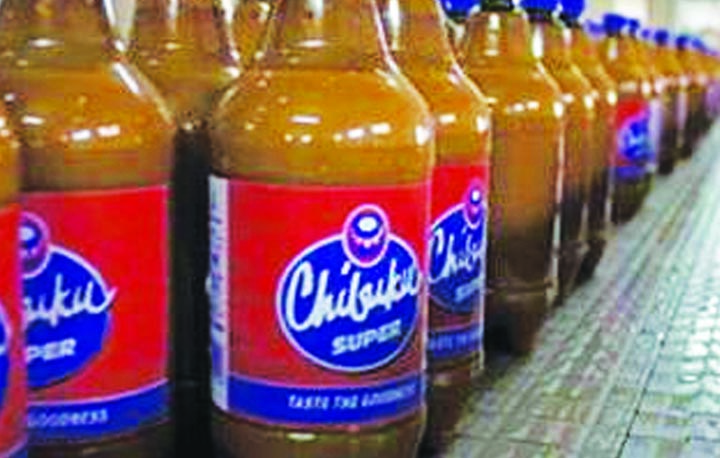Delta Beverages injected more than $4 million into its Beverages Sorghum Contract Farming Scheme (BSCFS) during the 2015/6 financial year and received about 15 675 tonnes of the grain, an official has said.
Delta requires 15 000 tonnes of sorghum annually and sources it locally through contract farming.
Sorghum beers have grown in importance within Delta’s product mix, as demand for clear beers and sparkling beverages continues to weaken due to a sluggish economy.
In the 2015 financial year, sorghum beers made up 55 percent of total beverage volumes, up from 50 percent the previous year.
Sorghum contributed 72 percent to total beer volumes in 2015, up from 67 percent the previous year, with lagers making up the balance.
The sorghum beer segment, which saw 19.3 percent volume growth since 2010 to 3.7 million hectoliters in 2015, will however show a 3 percent dip when Delta releases its 2016 financials on May 12.
Delta’s BSCFS is a farmer development programme through training and extension support, ensuring accessibility of farming inputs in order to guarantee future supply of malting sorghum for the business whilst also guaranteeing a market for the sorghum producers.
The company’s corporate affairs manager Tsungie Manyeza revealed that in the financial year 2016, grain delivered was 15 675 tonnes after Delta injected $4.13 million into the scheme.
She said the total contracted hectarage for the 2015/16 season was 4 711 hectares, a 10 percent reduction compared to prior season through 9 381 communal farmers and 28 commercial farmers.
She said the reduction in the 2016 contracted hectarage was due to the need to minimize the crop failure as a drought was predicted for the country due to the El Nino effect.
“Contracting was therefore limited to specific sorghum growing areas and high potential farmers. It was necessary to limit the farmers’ exposure to drought by reducing each farmer’s hectarage,” Manyeza said.
She said Delta offers a free and extensive quality assurance program that ensures access to technical information by growers, improved yields and grain quality.
The farmers were also supported with input finance in the form of agricultural inputs.
“The benefits for the farmers are a guaranteed market for their produce and free agronomic services that have resulted in improved grain yield and quality.”-The Source
Related stories
Delta revenue down 7 percent as the economy bites
Delta in $26million upgrade for Chibuku Super breweries
Delta revenue dips as lager volumes drop
Delta sales fall by 10 percent as cheaper imports eat into its market
Delta parent firm SABMiller agrees $104 billion sale deal
(97 VIEWS)
